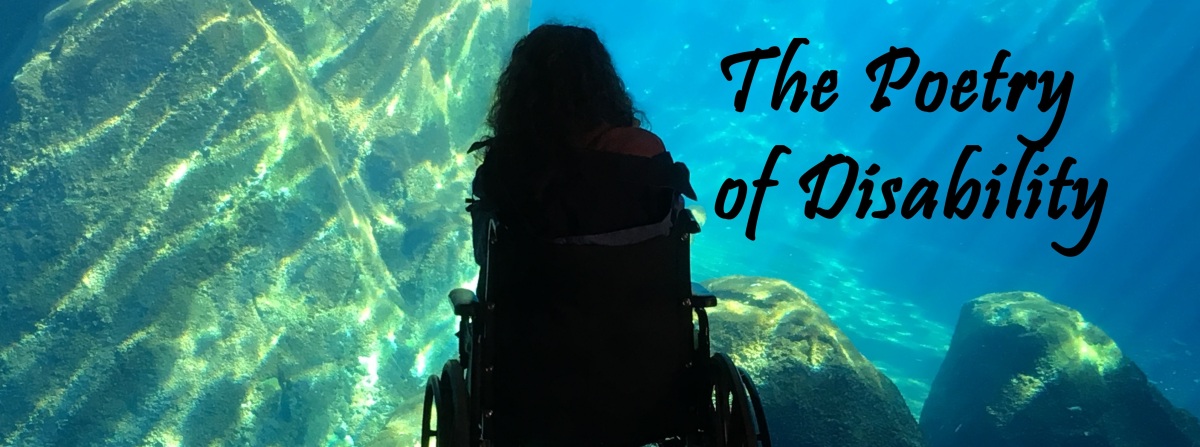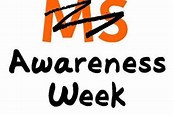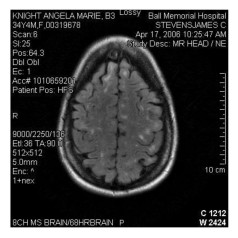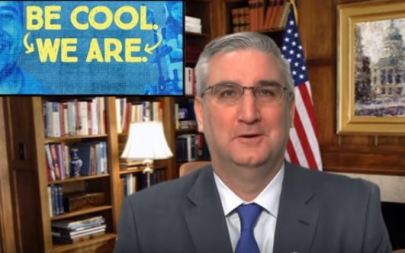As Disability, MS, and other similar Awareness Months draw to a close, I thought this would be an appropriate time to share a in a different way. Describing how MS really affects me can prove difficult, outside of a list of concrete symptoms. So how does one communicate this? How about poetry?
National Poetry Month begins on Monday, so it’s time for poeming and pondering.
“Scars” by Angela Knight
MS
Multiple Sclerosis.
Many Scars.
a Misbehaving System is what I call it.
You can call it what you wish.
Cells that should kill germs harm others instead, and what do they leave behind?
Scars.
What do they take away?
Energy. Control. Ability. Freedom.
“It’s all in your head,” you say.
And I agree.
With scars in my head,
I sometimes wonder what’s left.
Besides scars.
But then I hear an inner voice, one of assurance:
“Scars are not alone. When you look, you’ll find unexpected gifts:
The gift of Empathy to offer an ear to hear of invisible pain, filled with frustration and hard to see with the outer eye.
The gift of Peace beyond understanding, easier to feel when busy-ness is forced aside and stillness found.
The gift of Love you’ll feel as dear ones see through and beyond your scars, and the truest love, shown through one whose scars bring new life.”
MS
Multiple Sclerosis.
More than Scars.
That’s what I call it.
You can call it what you wish.





 encourage you to take a look at this message, shared by individuals with varying struggles.
encourage you to take a look at this message, shared by individuals with varying struggles.